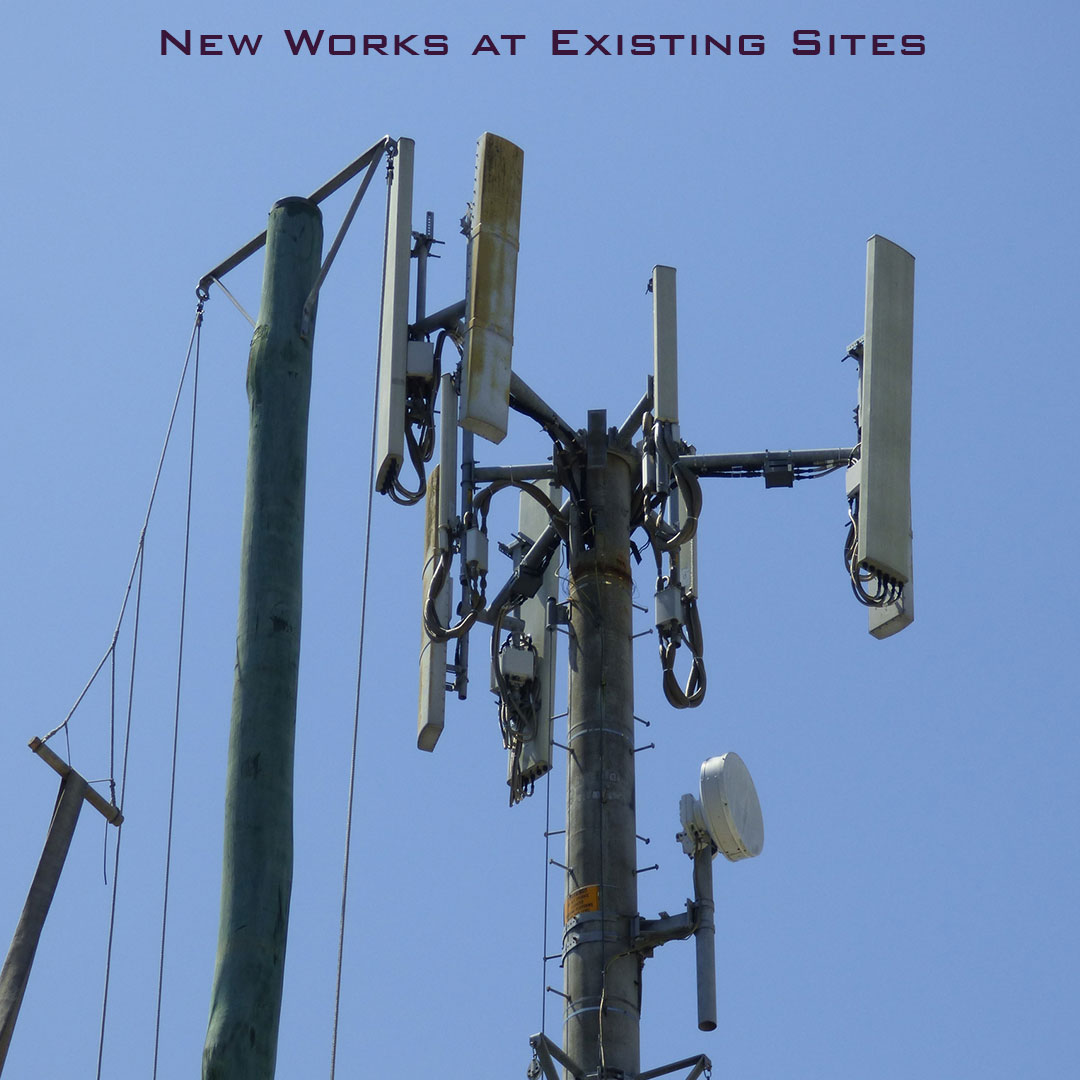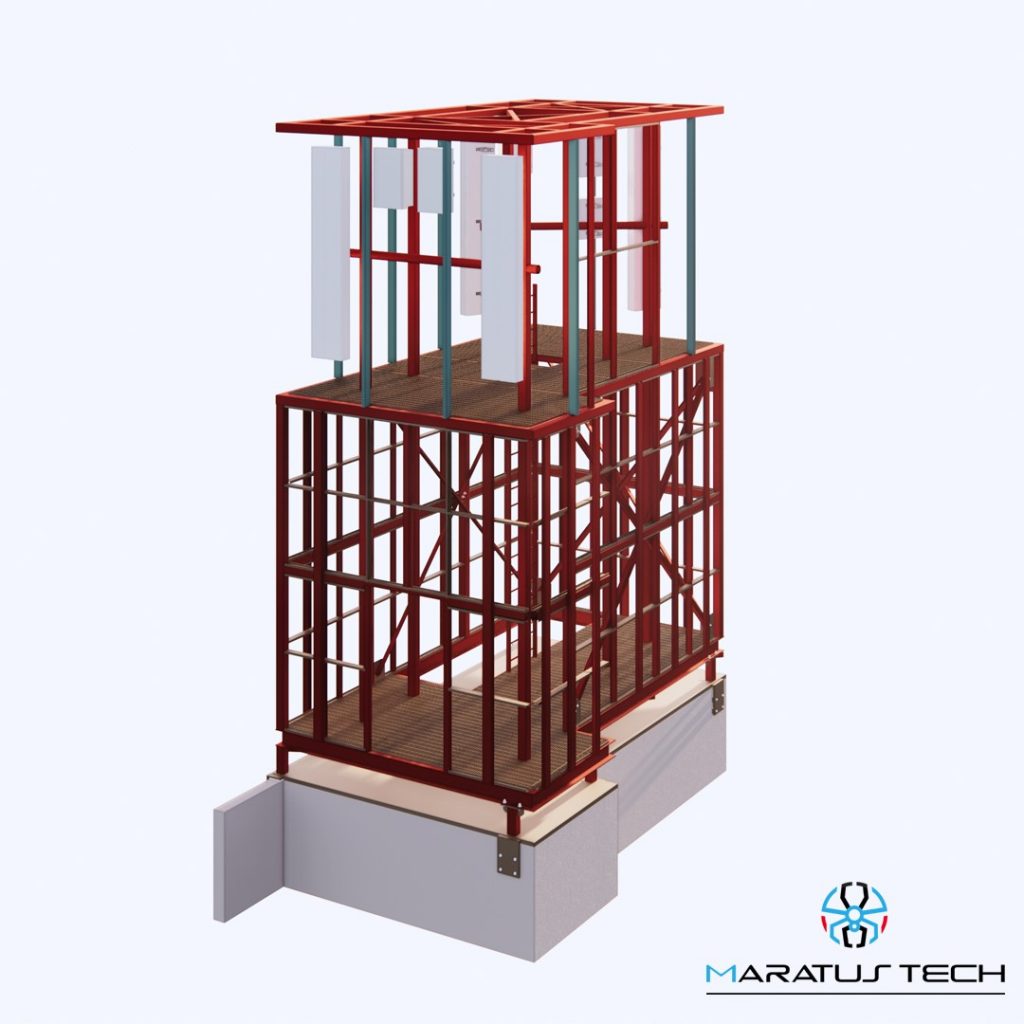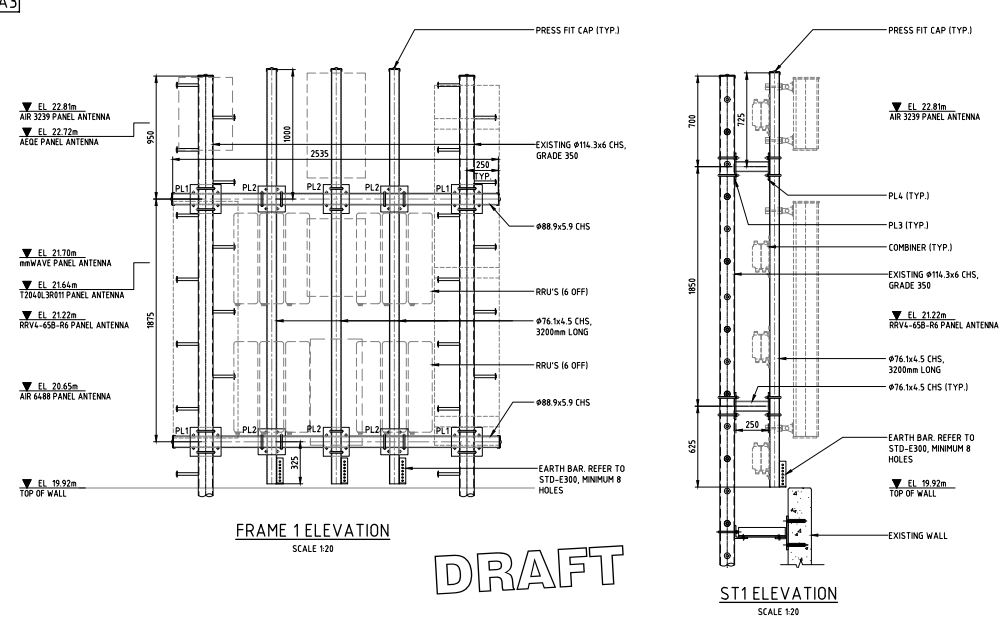Blog
Best Practices for Managing New Works at Existing Sites

Undertaking new construction projects at existing sites presents unique challenges and opportunities. Whether it’s expanding current facilities, upgrading infrastructure, or adding new features, effective planning and execution are crucial for success. In this blog post, we’ll explore best practices for managing new works at existing sites, focusing on safety, efficiency, and regulatory compliance.
Assessing Existing Conditions: Before starting any new work, it’s essential to thoroughly assess the existing site conditions. This includes:
- Structural Integrity: Inspecting existing structures to ensure they can support new additions or modifications.
- Environmental Impact: Evaluating potential environmental impacts and planning mitigation measures.
- Utility Mapping: Identifying and mapping existing utilities to avoid disruptions during construction.
Planning and Coordination: Effective planning and coordination are key to minimizing disruptions and ensuring the smooth progression of new works:
- Project Timeline: Develop a detailed project timeline, including milestones and deadlines.
- Stakeholder Engagement: Communicate with all stakeholders, including site owners, tenants, and local authorities, to keep them informed and involved.
- Resource Allocation: Ensure that all necessary resources, such as materials, equipment, and personnel, are available and allocated efficiently.
Safety and Compliance: Maintaining safety and compliance is paramount when managing new works at existing sites:
- Safety Protocols: Implement strict safety protocols to protect workers and site occupants. This includes providing personal protective equipment (PPE) and conducting regular safety drills.
- Regulatory Compliance: Ensure that all work complies with relevant local, state, and federal regulations. Obtain necessary permits and approvals before starting construction.
- Risk Management: Identify potential risks and develop contingency plans to address them.
Minimizing Disruptions: To minimize disruptions to ongoing operations at existing sites, consider the following strategies:
- Phased Construction: Break down the project into phases to limit the impact on site activities.
- Off-Hours Work: Schedule construction during off-hours or weekends to reduce interference with regular site operations.
- Communication: Keep open lines of communication with site occupants to inform them of construction schedules and potential impacts.
Quality Control: Maintaining high standards of quality control is essential for the success of new works:
- Regular Inspections: Conduct regular inspections to ensure that construction meets specified standards and requirements.
- Quality Assurance: Implement quality assurance processes to monitor and verify the quality of materials and workmanship.
- Documentation: Keep detailed records of all construction activities, including inspections, approvals, and modifications.
Conclusion: Managing new works at existing sites requires careful planning, coordination, and attention to detail. By following these best practices, you can ensure the successful completion of your projects while maintaining safety, efficiency, and compliance.












